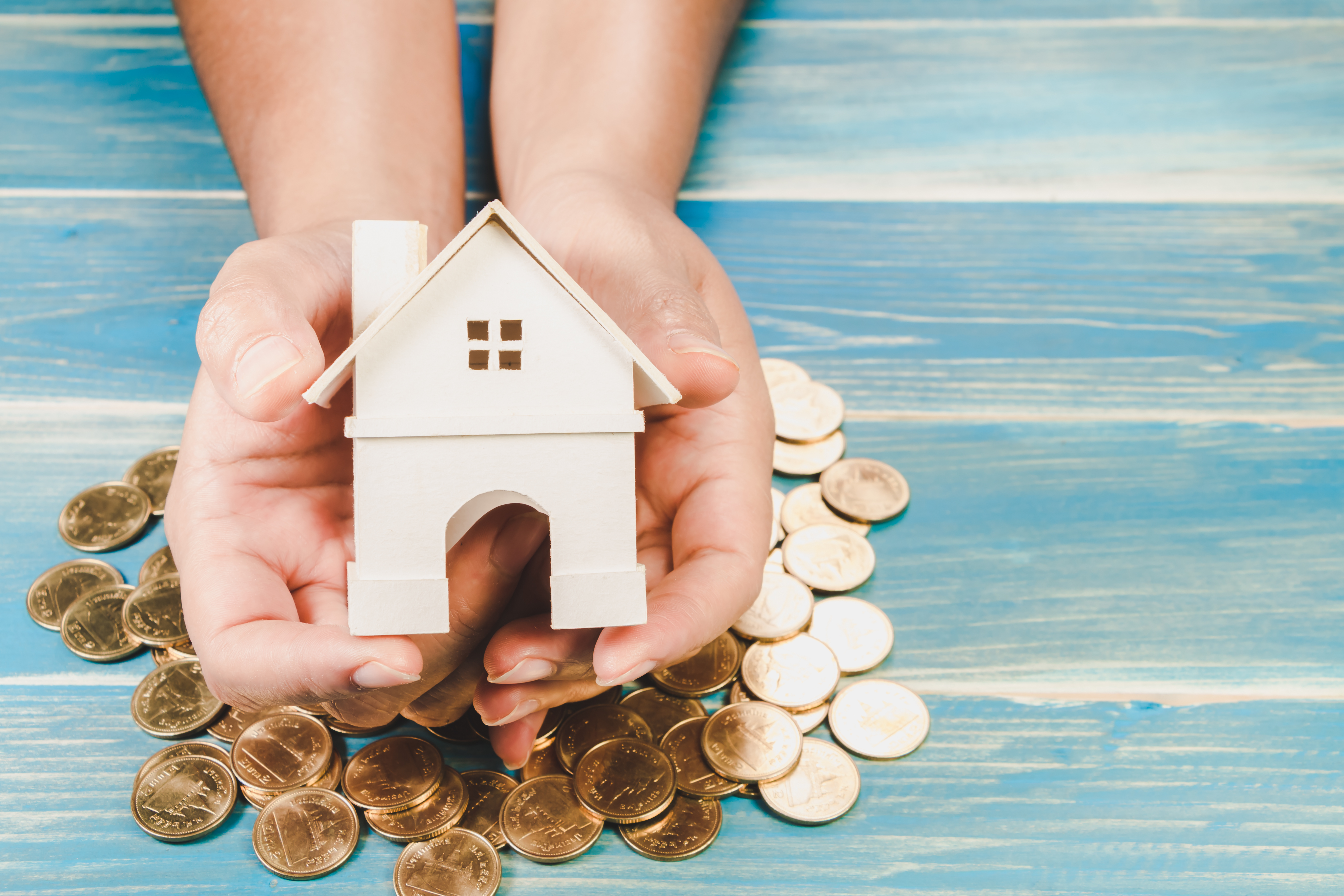Making the transition from renter to homeowner is an exciting step in any adult’s life. It signifies a new era of personal and financial responsibility—and that’s something that may hold some people back from taking the plunge into homeownership.
Luckily, a little knowledge goes a long way when it comes to shopping for your first home. Prepare yourself with the right know-how, and you’ll be ready to find and purchase your first home with confidence.
- Know your budget. This isn’t just the price your mortgage lender gives you after assessing your finances to determine how much house you can afford. Your budget includes your down payment (how much cash do you need to close?), your monthly expenses, and how much you’ll likely need to invest in the home after you close. You may get a screaming deal on a house in your dream neighborhood, for instance, but if it requires $50K worth of work to be livable, you better make sure you’ve got that money stashed away—or confirmed access to a home improvement loan. For first-time homebuyers in particular, I think it’s smart to buy below your means, rather than reaching for the top end of your budget. This gives you some wiggle room in case you need to work on the house, or if your circumstances change. As you adjust to the responsibilities of homeownership, that extra space in your budget may turn out to be truly valuable.
- Know your long-term plans. It’s OK if you don’t know where you’ll be 10 years from now. Many of us don’t. But think ahead to the next five years or so and make sure you’re buying a house somewhere you don’t mind sticking around. If you change your mind and sell too quickly, you could be hit with some significant taxes that could quickly negate any money you’ve saved by buying rather than renting. Think about things like the size of your home and any plans for family expansion (or whether family members will be moving out). If you’re a parent of young kids, consider the school system and safety in the area where you’re looking, and whether a parent will be cutting back at work to care for the kids in the future. Don’t just buy a home for where you are right now—think about where you’ll be a few years from now, and whether your home will still be a good fit for where you hope to be.
- Know the local market. If you’ve been renting for a long time, you probably don’t know a lot about the local real estate market. You may not know the average price in different neighborhoods, or even how far your money will take you. And that’s OK. But it’s a good idea to start familiarizing yourself with the local climate even before you start your search so you have a solid understanding of what you’re looking at. Simply looking at real estate listings in different areas for a few months will help you recognize a good deal when you see it. A good realtor will guide you through the process with factors like seasonality and market trends in mind, but you’ll feel even better about your search if you start out with a solid base of knowledge of your own.
Buying your first home will teach you more about real estate than you ever expected to learn, and its knowledge you’ll carry with you throughout your adult life. Find a trustworthy realtor who will help guide you through it, but don’t underestimate the power of having some knowledge of your own.
